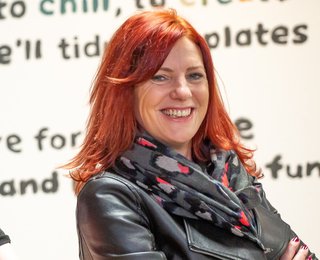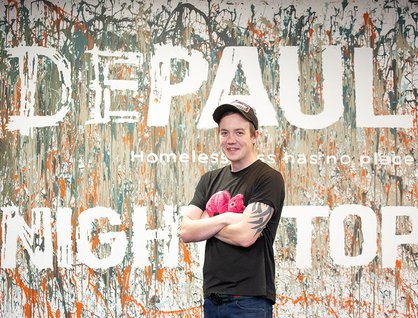The Young Person's Homelessness Prevention programme supports young people at risk of homelessness in the Greater Manchester area.
Key information
-
Social issue
Homelessness -
Focus area
Social outcomes -
Investment type
Outcomes contract -
Region
North West
-
Challenge
Lack of secure accommodation early in life can have a severe negative impact on a young person’s life chances and can lead to a cycle of homelessness including rough sleeping and deterioration of wellbeing for the young people affected.
Young adults accounted for around 50% of referrals into the emergency accommodation provision in Greater Manchester during 2020. Experience of these services can have a particularly detrimental effect on young people.
Greater Manchester set a specific goal to be a national leader in ending rough sleeping and reducing homelessness. Early intervention and preventative support are crucial to keeping young people out of homelessness.
-
Approach
The scheme is run by Greater Manchester better Outcomes Partnership (GMBOP) and delivered by a network of local partnerships including youth homelessness charity Depaul. Each young person is matched with a dedicated Progression Coach, who works with them to stabilise their home situation or find alternative accommodation, while providing additional support around mental health. The Coach also helps the young people to build the support networks they need to engage in meaningful activity and move towards employment and training.
-
Revenue model
Bridges partnered with the Greater Manchester Combined Authority (GMCA) to support the design of this project. The service is funded through the GMCA Reform Investment Fund with match funding from the Department for Digital, Culture, Media & Sport (DCMS) Life Chances Fund.
This is an outcomes-based contract, so the council only pays for measurable improvements in people’s lives. The shared vision for this programme is to prevent homelessness and create self-determined positive outcomes for young people.
-
Impact
The programme aims to work with 1,500 young people over three years. The original year-long pilot scheme worked with more than 270 individuals, over 75% of whom saw improved outcomes.

